Search Results for 'Harriet Shaw Weaver'
5 results found.
‘My dear little runaway Nora..’
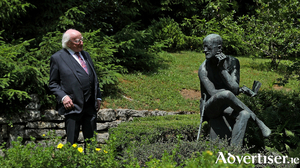
Like all widows Nora had barely time to grieve. There was so much to be done. Both she and Giorgio and her grandson Stephen, were in a state of shock at Joyce’s sudden death. Joyce suffered indifferent health all his adult life, and endured a series of painful eye operations which had little effect on his looming blindness.
Two weddings and a broken young girl
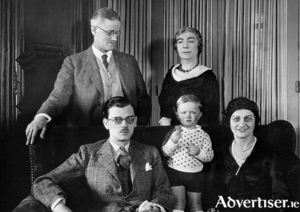
There has never been a concentration of outstanding literary and artistic talent such as that in the Paris of the 1920s. The city heaved with outrage and ecstasy at the paintings of Piccaso, and Henri Matisse, the music of Igor Stravinsky, and the wild dancing of Joséphine Baker at the Folies Bergere, and the most extraordinary avant-garde literature, where new boundaries were created by a wave of modernist writers, the most celebrated being James Joyce.
‘That Mr James Joyce is a man of genius’
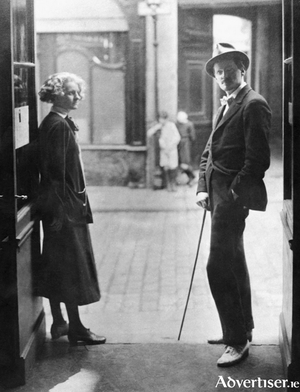
Returning to Paris after an unsuccessful and troublesome visit to Galway in April 1922, Nora and her two children, Georgio (17) and Lucia (15) became aware that fame had come to the Joyces. Three months after its publication, Ulysses was recognised as a work of genius.
The long journey from Bowling Green was over
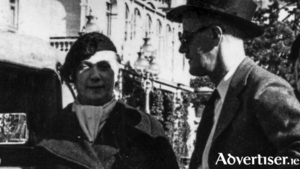
The Joyces finally arrived in Zurich on 17 December 1940 exhausted after weeks of torturous negotiations with the German, Vichy-French and Swiss authorities. They had sought refuge in Switzerland during World War I, now they hoped to do so again. To add to the stress of it all they had to leave their daughter Lucia behind in a psychiatric hospital in Brittany which was behind German lines. Joyce hoped that once settled in Zurich he could use all the influence he could muster to have her follow them to safety.
Ulysses - and gun fire in Galway
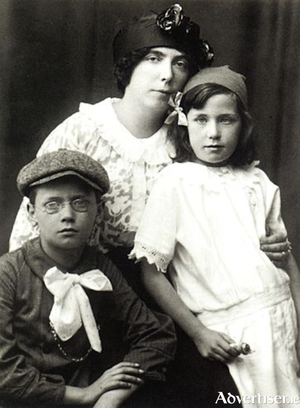
Nora’s last visit to Galway in April 1922 did not go well. Galway, as well as the country, was caught up in a deadly Civil War. The anti -Treaty forces had occupied the Connaught Rangers’ Barracks, Renmore, while the pro- Treaty forces occupied the Great Southern Hotel. The Galway to Dublin train was regularly fired upon from the barracks. There were sporadic gun fights around the Custom House, and the Masonic hall, as both sides struggled for possession. It was a dangerous time and people were fearful.

